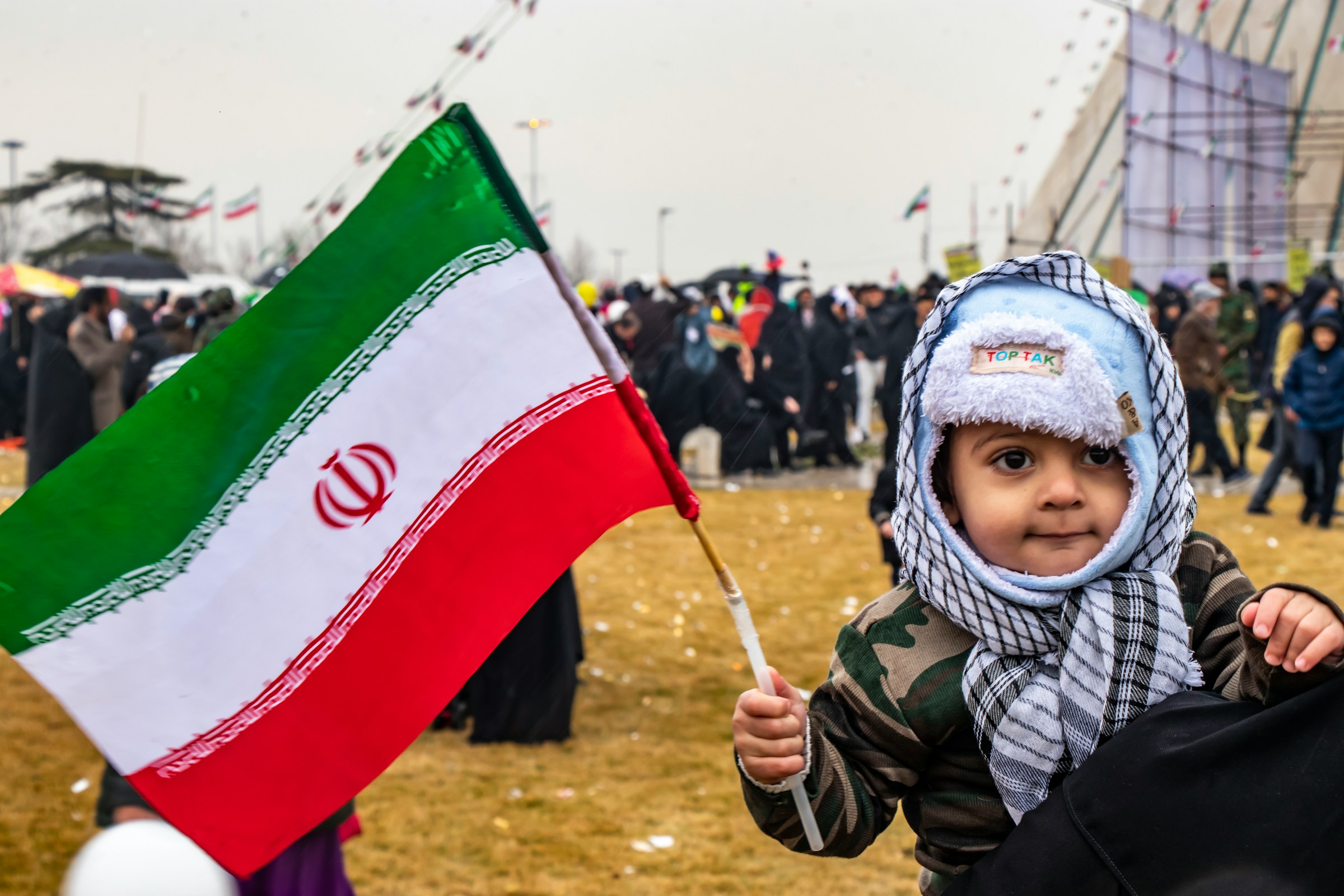Europe’s decision to invoke the UN snapback mechanism against Iran is not a symbolic protest. It is a structural reset of the sanctions framework that governed Tehran’s access to capital, technology, and insurance prior to the 2015 nuclear accord. The move initiates a 30-day countdown at the Security Council that, absent an affirmative vote to preserve relief, restores the full suite of pre-JCPOA UN measures. The United Kingdom, France, and Germany are explicit that Iran’s enrichment levels and inspection posture left them no credible alternative within Resolution 2231’s design. The United States has welcomed the step. The legal clock is now running, and policy signaling has already moved ahead of it.
Technically, the snapback pathway does something unusual in UN practice. It inverts the veto dynamic by requiring an affirmative Council resolution to halt reimposition, which Russia or China could block. In practical terms, sanctions come back unless a divided Council can agree on relief. That is why Brussels, Berlin, London, and Washington often described snapback as veto-proof when the JCPOA was crafted. Restored measures would include the UN arms embargo, ballistic-missile restrictions, travel bans, asset freezes, and cargo inspection authorities that complicate shipping and insurance.
This is not Europe revisiting 2020. Then, Washington attempted a unilateral snapback after exiting the JCPOA, and most Council members rejected the legal standing of that move. The difference today is that the E3 remained within the agreement’s formal architecture and have now exercised a right they preserved for years while trying to keep the file diplomatic. That distinction matters for compliance by banks, flags, brokers, and reinsurers who follow UN chapter and verse more closely than political statements.
Policy context matters for markets. The E3 letter lands after months of nuclear escalation, damaged facilities, intermittent inspections, and a failed attempt to re-establish a negotiation track. European capitals framed the decision as a last resort following offers to extend parts of Resolution 2231 in exchange for verifiable steps by Tehran. The mechanism creates a 30-day window for diplomacy, but officials are not over-selling that prospect. The immediate effect is clarity: counterparties now assume a return to UN baseline restrictions and price risk accordingly.
The market read is already visible in Iran’s currency and funding channels. The rial weakened further on the headlines, and offshore appetite for Iranian-linked exposures narrowed. UN-level measures do not directly police secondary sanctions, but they change the compliance perimeter for many institutions that were waiting for a multilateral signal rather than a unilateral one. The result is a tightening of trade finance, maritime cover, and the shadow services that kept parts of Iran’s economy connected to global flows.
Energy dynamics are nuanced rather than dramatic. China may continue to import discounted crude from Iran, and enforcement will remain uneven across jurisdictions. Yet a UN reset raises documentation and insurance frictions, increases the probability of cargo seizures, and will lift the discount Tehran must offer to move barrels quietly. For Gulf producers and sovereign portfolios, the balance is mixed: firmer risk premia support revenues, but escalation risk in the Strait of Hormuz raises shipping and security costs. Europe’s step therefore nudges Brent’s floor rather than guaranteeing a spike.
For policy institutions in Singapore, Riyadh, and Abu Dhabi, the allocational question is not about spot oil. It is about how sanctions architecture interacts with de-risking. A restored UN regime will harden Western financial institutions’ risk committees against Iran-adjacent counterparties, including some in Asia that have quietly intermediated trade. It will also constrain European export credit agencies from backing projects with any Iranian nexus. Sovereign wealth funds will see less reason to tolerate exposure in logistics lanes or industrials that could be caught by revived inspection authorities. These are portfolio hygiene decisions, not moral stances.
The move also narrows the space for side deals. In previous cycles, Europe used EU law to ring-fence limited commercial ties while preserving a political channel. Under snapback, the baseline shifts from carve-out to case-by-case compliance, which is costlier for firms. Washington’s explicit support reduces transatlantic ambiguity that sometimes allowed creative structuring. Banks will prefer to avoid the file entirely, a bias that persists even if the Security Council negotiations produce procedural drama.
Tehran retains options, none of them attractive. It can threaten to reduce cooperation with the IAEA or escalate enrichment and centrifuge installation, seeking leverage before the 30-day mark. That path reinforces the European case and risks further isolation. Alternatively, Iran could use the window to restore monitored access and freeze escalation, seeking to split Europe from Washington on implementation pace. Given domestic politics in all capitals, neither track promises quick relief. The E3 will judge by actions, not declarations, and the United States is unlikely to undercut a process it publicly endorsed.
What it signals is straightforward. Europe has shifted from diplomatic salvage to institutional containment, using the instrument the JCPOA designed for breakdowns of this type. The mechanism is legalistic, but its effect is financial. Compliance officers will act first, traders will price the friction next, and politicians will follow the incentives created by both. This posture may look incremental, yet it marks a decisive end to the ambiguity that sustained limited commerce with Iran since 2018. Markets will digest the move. Sovereign allocators already have.















